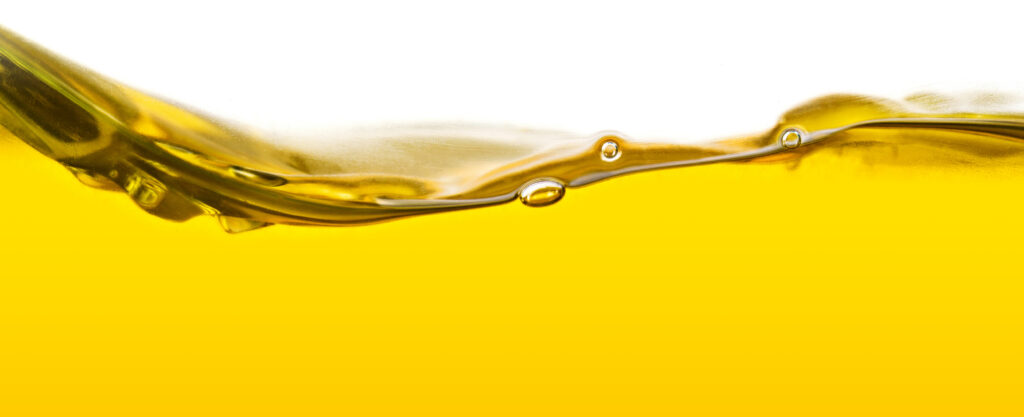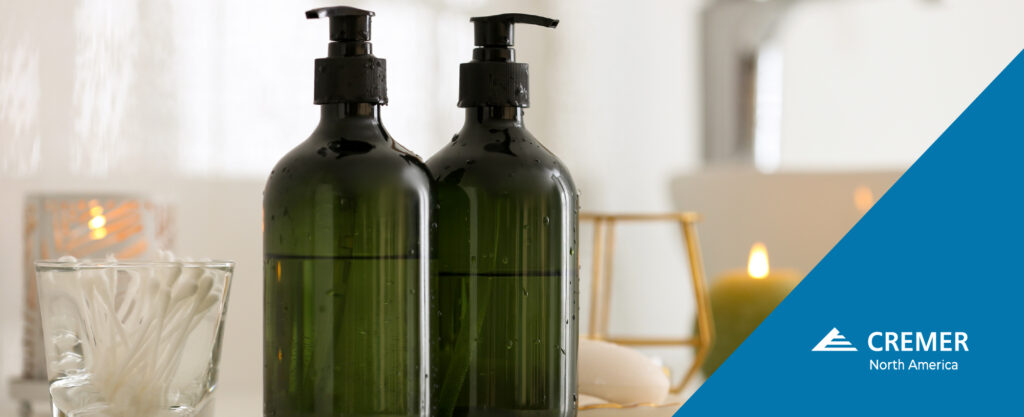How Fatty Alcohols Are Used in Cosmetic and Personal Care Products
Personal care products like lotions, skin creams, shampoos, and conditioners all contain alcohol in some form. That may seem counterintuitive, because certain alcohols are known to dry the skin and scalp.
But many alcohols, particularly fatty alcohols, actually improve the condition of the skin. In fact, fatty alcohols from vegetable oils and other natural sources provide safe, versatile, active ingredients.
Why Include Fatty Alcohols In Personal Care And Cleaning Products?

We use personal care and cleaning products in our homes and on our bodies, which heightens the consumer’s awareness of how those chemical ingredients will affect them. Replacing harsh petrochemicals with sustainable, non-toxic, traceable ingredients better serves your customers—and the earth.
Sustainable
When you source ingredients from a Roundtable on Sustainable Palm Oil (RSPO) member like CREMER, you know that your product’s active and excipient ingredients use sustainable practices. These products also contribute to the local economies where they grow, whether foreign or domestic, making sourcing more stable.
Non-toxic and low- or no-VOC
Plant-derived fatty alcohols provide robust results without harming the consumer. These oleochemicals biodegrade into non-toxic byproducts. Safe to use on skin, in the house, and in the workplace, fatty alcohols provide a healthy, safe alternative for petrochemical or synthetic ingredients that break down into harmful byproducts that our families and pets breathe.
Traceable supply chain
Oleochemicals supplied by CREMER North America have a fully-traceable supply chain from the source through production and transport. We log each step of the process, keeping tight control over the safety and purity of our products. This traceability allows us to pinpoint key moments in the supply chain that pose a risk to the ingredients and rectify the situation as quickly as possible.
What Do Fatty Alcohols Do In Personal Care Products?
At CREMER, we supply fatty alcohols in various quantities and forms to our customers who use them in the production of personal care and cleaning products. In those applications, fatty alcohols serve several important functions that enhance the products.

Emollients
You know that smooth, soft feeling you get after you apply a quality cream or lotion to your skin? This happens when the emollients – which the fatty alcohols are used for – in the lotion create a flat layer on the surface of your skin.
Emulsifiers
Oil and water don’t mix – unless an emulsifier is used. For skin creams and lotions, fatty alcohols act as that emulsifier. This is what creates the familiar, rich texture of the product.
Cosurfactants
Shampoos and conditioners are generally formulated by combining a surfactant (a detergent that creates lather) such as ammonium lauryl sulfate or sodium laureth sulfate with a cosurfactant like fatty alcohol. It can also be used as a thickener and to help lock in moisture.
Fatty Alcohol Types and Utilizations
Although fatty alcohols are found in most personal care products, they aren’t all the same. Here are some different types of fatty alcohols we supply to our partners and how they might be used:
- Cetyl Alcohol: Derived from palm oil and used to create the right consistency in skincare and haircare products.
- Stearyl Alcohol: Also derived from palm oil and used to stabilize foaming properties in hair care products.
- Cetearyl Alcohol: This compound is a blend of cetyl and stearyl alcohols.
- Lauryl Alcohol: Also known as dodecanol, this alcohol is often used as a base in surfactants and as a thickener and foam control agent in soap and personal care products.
Great Personal Care Products Begin with Great Supply
More personal care brands have turned to oleochemical ingredients like plant-derived fatty alcohols to elevate their brand. These ingredients make products more sustainable, increase consumer trust, and help brands stay aligned with their values.
To learn more about fatty alcohol applications and to view our spec sheets, click here.
Reach out to a CREMER expert for more information, to learn about our fatty alcohol services or to order samples.
